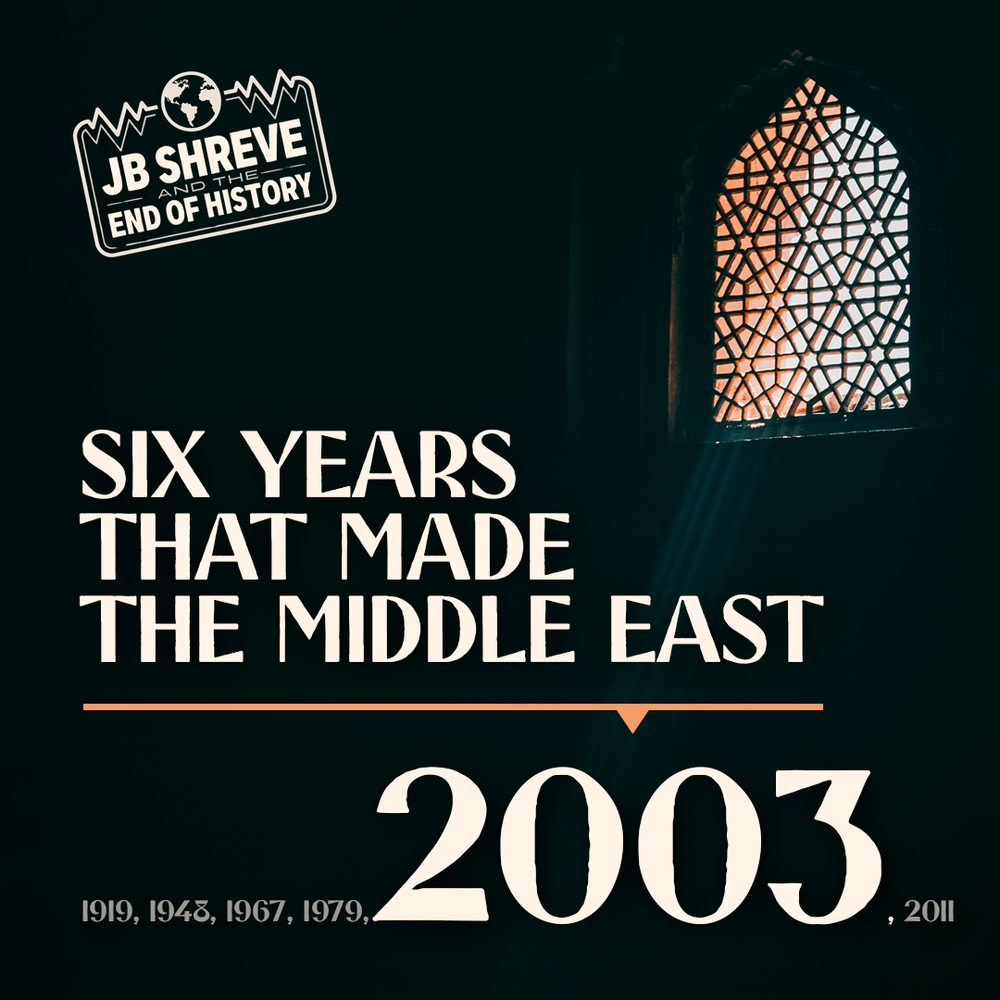Twenty-four years ago, this week, one of the darkest shadows of the worst European genocide since World War II was unfolding in the Balkans. The Srebrenica massacre entered the historical lexicon as the worst European massacre in the second half of the 20th century even as much of the world was still celebrating the fall of communism and the victories of democracy.

More than 8,000 men and boys were killed in the United Nations camp of Srebrenica in mid-July 1995. Those who fled the camp were frequently shot in the back as they ran or they were captured, returned and executed. Their bodies were thrown into mass graves. To date a little more than 6,600 of the victims’ remains have been found and memorialized.

The Srebrenica massacre was carried out by units from the Bosnian Serb army under the leadership of Ratko Mladic. The UN previously declared the area around Srebrenica as a safe zone in an effort to reduce the growing violence in the Balkan conflict that erupted in the early 1990s. But armed groups were not disarmed, and UN forces were unable to prevent the Serbian takeover. NATO refused to answer their calls for aid and Srebrenica fell in the course of a day.

As the Bosnian Serbs took over the area 25,000 women were expelled. Many of these women became victims of rape and other brutal crimes and atrocities. Numerous accounts of pregnant women being brutalized and killed arose in the course of the trials that followed in Srebrenica. Many mothers were forced to watch their sons’ executions, often by decapitation. Babies were murdered.

Srebrenica was a big deal in the mid 1990s that finally alerted the world to the atrocities taking place in the Balkans. But only a year earlier the world sat idly by while the Rwandan genocide unfolded.
We learned that in spite of our self-image as enlightened, modern democracies, the nations of the world were just as bad as those who sat idly by during the last European genocide in World War II. We said “never again” after the holocaust but by 1995 we were saying “never again,” again, for the second time in the decade.

These histories are important to remember. Their importance is not only for the sake of memorializing the tragedy and its victims but for recognizing how near we are to participating or allowing brutal treatment of our fellow man on the basis of small things that divide us, such as race, ethnicity, or religion.
The cry of “never again” should not carry the weight we once gave to it. Our convictions are light and the darker side of humanity, as history has proven, is all too close.




